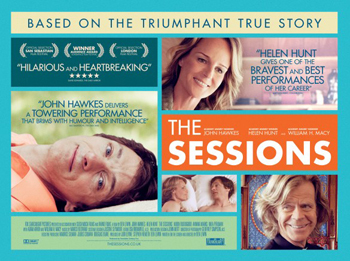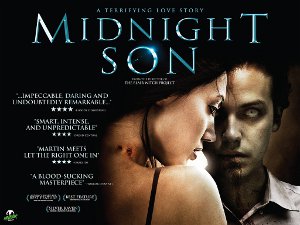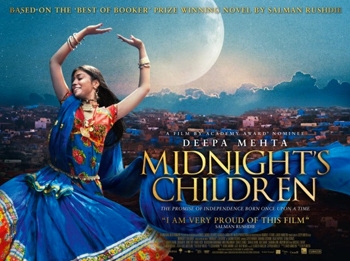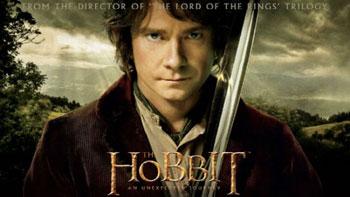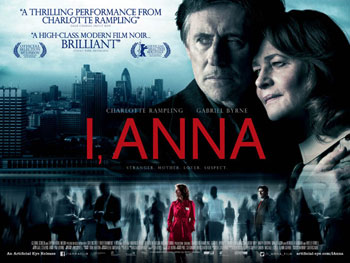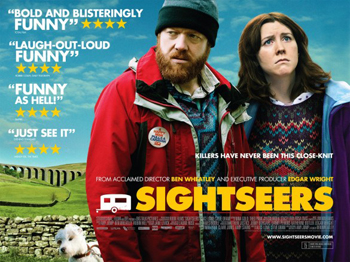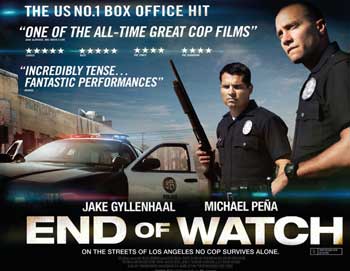Zero Dark Thirty ****
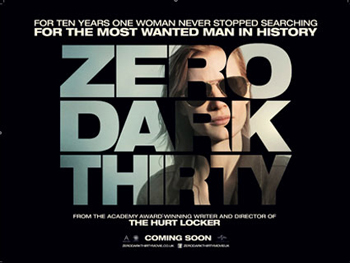 You don’t expect anything less rigorously researched from the engaging filmmaking pair behind the 2008 hit, The Hurt Locker, Oscar-winning director Kathryn Bigelow and screenwriter/former news journalist Mark Boal. Their latest action thriller, Zero Dark Thirty does not fail to diligently lay out the facts like some on-the-scene reporter with ‘access all areas’ coverage.
You don’t expect anything less rigorously researched from the engaging filmmaking pair behind the 2008 hit, The Hurt Locker, Oscar-winning director Kathryn Bigelow and screenwriter/former news journalist Mark Boal. Their latest action thriller, Zero Dark Thirty does not fail to diligently lay out the facts like some on-the-scene reporter with ‘access all areas’ coverage.
However, this no-nonsense portrayal isn’t without some elements of concern in its first half. Also, while the toast of Hollywood, star Jessica Chastain puts in another career-defining performance – subsequently leading to a Best Actress nod at this year’s Academy Awards, there seems to be a certain detachment felt with her character, CIA Agent Maya, as she stands by her hunch as to Osama bin Laden’s whereabouts, something that was never the case with Jeremy Renner’s unhinged bomb disposal expert character Sergeant First Class William James in the 2008 film.
Zero Dark Thirty – espionage code for ‘half past midnight’, the time when bin Laden met his maker – begins with the chilling voice of a victim caught in one of the towers in 9/11, speaking to emergency services against a black screen. It then changes location to a CIA detention camp where dubious torture methods are being tested on an inmate said to help bankroll the 9/11 attacks. All this tense activity is watched by Maya (Chastain), a new recruit to the deadly interrogation game, introduced by hardened and cynical boss Dan (Jason Clarke).
The next two hours play out a series of worldwide attacks – including a re-enactment of the 7/7 Tavistock Square bus explosion – as well as dead ends as the casualties tally up, with some close to Maya. Simultaneously, a determined Maya pursues her theory that bin Laden isn’t holed up in a cave, but closer than US authorities think, while her Washington ‘boys club’ doubt her evidence but not her conviction. The end of the film is the cream on top, with a Navy SEAL night-vision raid on the compound in Pakistan.
Bigelow and Boal cover a lot of ground in this, taking us through the whole post-9/11 history. It could be argued that some of this is unnecessary back story for this film, though a shocking reminder all the same. As it stands in this context, all it provides is a grim graphic timeline, with some wordy political game playing – it seems to have little direct effect on Maya’s emotional state at what she is witnessing and how she thinks, considering a major part of the film is about her single quest to find bin Laden’s courier and hence the terror leader’s location. Still, it could be argued that it widens the whole picture to include the international impact, rather than being US-centric.
The really interesting factor is how torture is used and what Bigelow’s characters make of it – even though it’s debatable whether methods such as waterboarding actually unveiled the detailed information needed to track those closest to bin Laden (as contested by American authorities). Clarke’s input is intriguing and much needed as the emotional catalyst and benchmark with which Chastain can develop her character’s responses, and without his charisma and an implied attraction shared between the pair, the film would feel very remote indeed from a human aspect.
This aside, the climax of the film with the raid on the Pakistani compound, ironically a stone’s throw from a Pakistani military academy is utterly exhilarating, recreating the standard chest-pumping Allied patriotism that you would expect from those fighting dirty on the ground and in the thick of it with, some fantastic directing and cinematography, repeatedly delaying the moment we are all waiting for and satisfying our curiosity as to how this is portrayed on screen. This finale alone is worth the wait, even though other straggling elements of the mission remain abandoned and unexplained after the deed.
Nevertheless, as an action thriller, Bigelow further shows her prowess in the business, brewing the tension and curiosity and using a female protagonist/heroine to lead us through what is predominantly a ‘man’s world’ of broken rules, promises and ugly happenings: It’s just a shame we don’t get more of a sense of how Maya ticks earlier. Zero Dark Thirty is a long but respectful watch with an all-out punchy ending.
4/5 stars
By @FilmGazer

